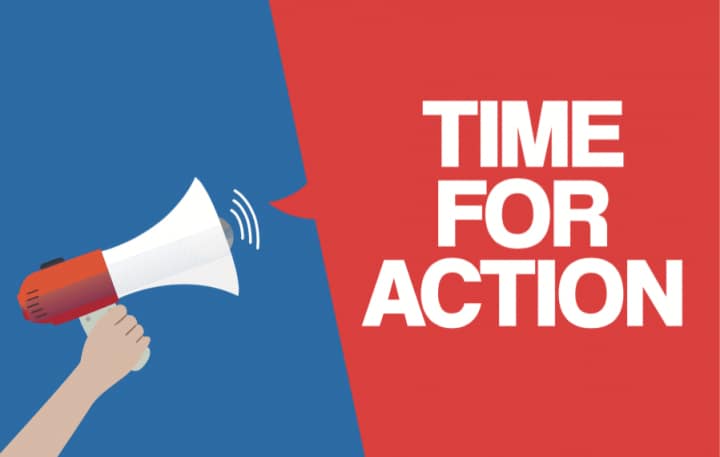Urgent! Recission Bill Threatens Funding for Public Broadcasting that Rural Areas Rely On!
What is the Recission Bill, why should you care and, what should you do?
A rescission bill is a special kind of law the president can use to try to take back money that Congress already promised to spend. Under the Impoundment Control Act of 1974, a president can propose a rescission (canceling previously approved funds), but Congress has 45 days to approve it. If no vote occurs by the deadline, the proposal dies, and the funding stays in place.
It’s been used before to cut small amounts here and there. But what’s unusual this time is that it’s being used to cancel billions in funding—including money for public broadcasting that helps rural communities—after it was already approved. Cutting funds mid-year undermines congressional appropriations and sets a troubling precedent—this is the first major staff-funded rescission attempt since 2018.
This bill has already passed the House – and Congressman Tom McClintock Voted in Favor of it
By supporting the House’s rescission bill, Tom McClintock backed $1.1 billion in cuts to public broadcasting funding— wiping out already-approved grants for PBS, NPR, and over 1,400 local stations. Now the bill heads to the Senate, where its fate will be decided by July 18.
Senate Majority Leader John Thune can lose no more than three GOP senators if he wants to get the White House request across the finish line. It is still not clear what the bill will look like when and if it gets through the Senate chamber.
If passed it could mean:
- Local radio and TV stations lose federal grants
- Emergency alerts may fail
- Farmers lose timely market and weather information
- Educational and community programming disappears
Why This Matters in Rural America 🧭
Public broadcasting does more than entertain—it informs and protects rural families:
- Emergency alerts & safety: In places like Calaveras, regular testing of the Everbridge alert system via “Calaveras Alert” and sirens helps keep ranchers and residents ready for wildfires and floods;
- Farm news & education: Trevor Airola, a beef rancher in Calaveras, relies on the “Voice of California Agriculture” podcast during long days on the ranch: “I can listen … in my commute or when I’m at the ranch working, I can get caught up”; and
- Local emergency response for livestock: The Emergency Ranch Access Pass was created after the 2015 Butte Fire, allowing ranchers to care for livestock during disasters—training and alerts tied to county systems help make this work.
National data reinforces the importance: 84% of farmers use public radio for market info and weather. Les Danielson, a farmer in northern Wisconsin, said, “We would definitely be poorer in rural America without the voice of public radio,” even though he doesn’t share NPR’s political leanings. (Source: Washington Post).
Let’s stand up and protect this essential resource.
📞 Senators Who Can Say NO
These key GOP senators all represent folks who truly depend on PBS and can block the bill—but they need to hear from rural voters like you (and if you have friends in any of these states, enlist their help as well!
- Sen. John Thune (R–SD)
Office: (202) 224‑2321 - Sen. Mike Rounds (R–SD)
Office: (202) 224‑5842 | Rapid City: (605) 343‑5035 - Jerry Moran (R–KS)
Office: (202) 224‑6521 Wichita Office: (316) 269‑9251 - Thom Tillis (R–NC)
Office: (202) 224‑6342 Charlotte Office: (704) 509‑9087 - Lisa Murkowski (R-AK): (202) 224‑6665
- Dan Sullivan (R-AK): (202) 224‑3004
👉 Find more info and patch-through calls at ProtectMyPublicMedia.org.
What other key items are cut in this rescission bill?
$8.3 billion in foreign aid, including critical programs like PEPFAR (global AIDS relief), humanitarian assistance, and U.S. treaty obligations
Defunding USAID (USAID has already been dismantled harming many thousands of people who depended on this aid and which had (before TRUMP and DOGE) broad bipartisan support.
Bottom Line
By voting for the Rescission Bill, Tom McClintock chose to weaken the information networks that rural Americans depend on daily. Public broadcasting in Calaveras and beyond matters—for our kids, our crops, our safety.




